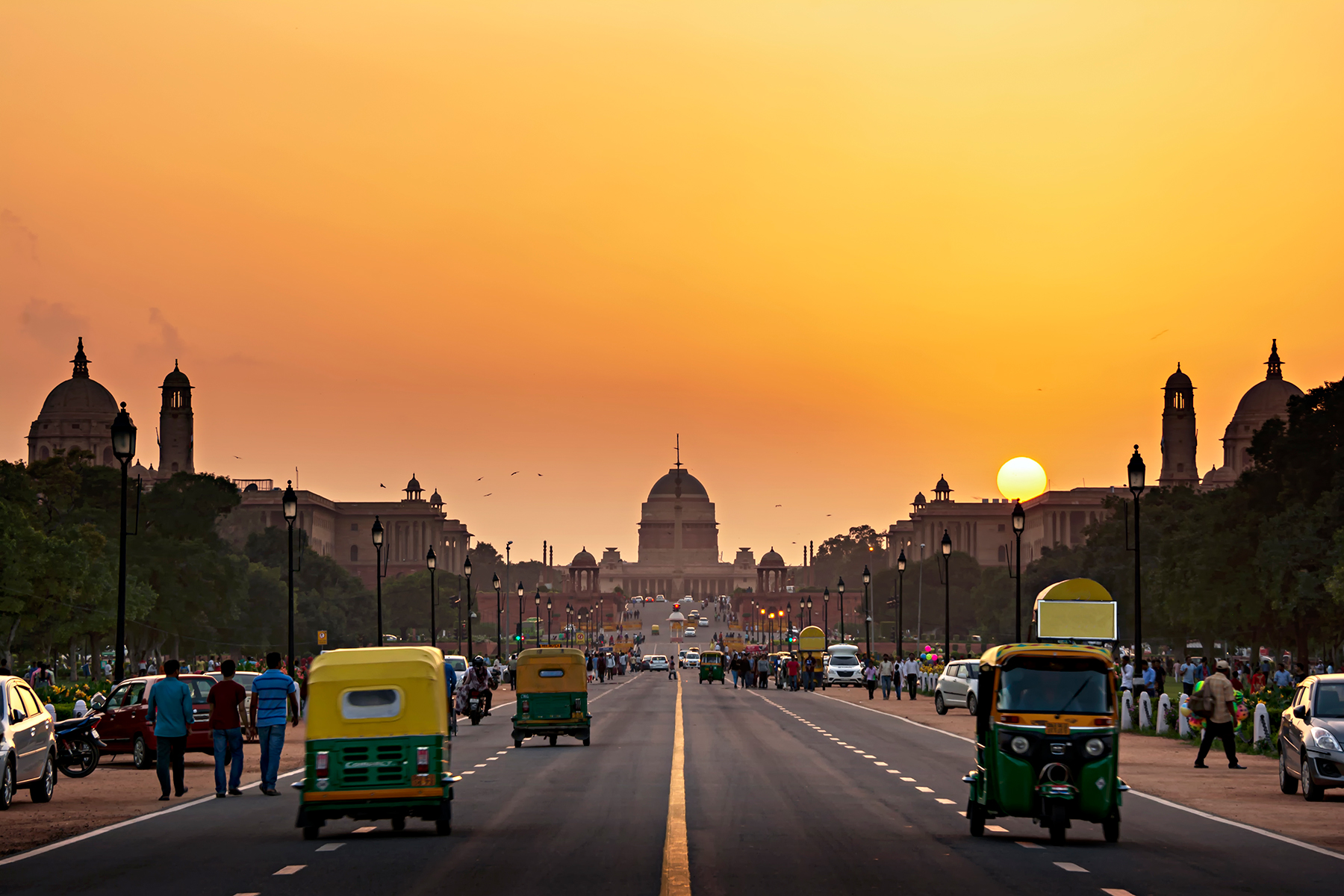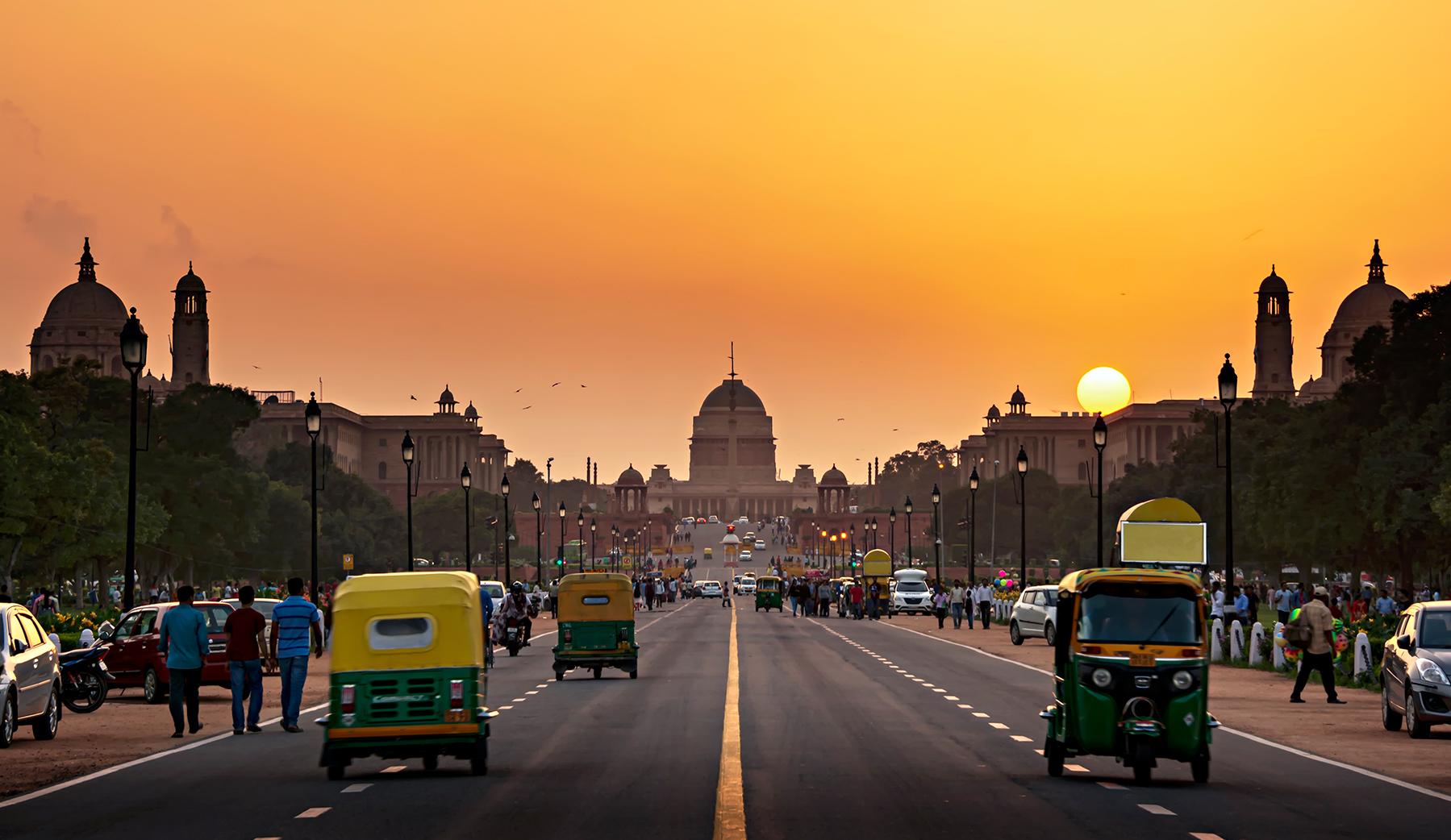India's Transport Minister, Nitin Gadkari, said the interesting idea came to him while he was practicing yoga one morning in his apartment on the 11th floor of a building in New Delhi. Despite being quite high above the ground, the blaring car horns disrupted his peace and balance.
"I am researching this and will soon plan to introduce a new law that would change the sound of all vehicle horns in India to the sounds of musical instruments to make them more palatable," he said, adding that he also wants to replace the sirens of ambulances and police cars with music, as they are often played at high volumes, causing not only discomfort but also harm to the ears of those around them.
He added that alternative instruments could include harmonica, violin, flute, etc. However, they must all originate from India.

Heavy traffic on an Indian street (photo: Internet)
According to AFP, some cities in India are considered among the noisiest in the world. The incessant, deafening honking of car horns on the streets significantly impacts the lives of the country's residents. In particular, vehicles frequently honk continuously during rush hour.
In India, car horns are considered as important as the gas pedal and rearview mirrors, as drivers use them as a signal to alert other road users of their presence.
Replacing the sound on the roads, especially in New Delhi, is part of Gadkari's new vision for urban infrastructure. In addition, he is implementing other measures such as planting trees along newly opened highways to combat pollution, and removing designated lanes for pedestrians and animals to reduce congestion and allow vehicles to move more smoothly.

 VI
VI EN
EN



































